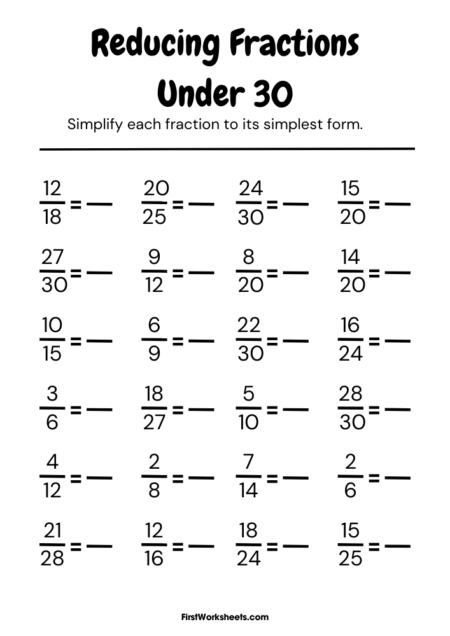4th Grade Math WorksheetsMath Worksheets
Math is a very important subject. It helps us to think better, solve problems, and make good decisions. By the time kids are in 4th grade, they are ready to learn more about numbers, how to do different math operations, and how to solve problems. 4th grade math worksheets are very helpful for this. They are not just for practice. They help kids to think, understand, and find answers in math. Let’s talk about how these worksheets help students, teachers, and parents.
What is 4th Grade Math About?
In 4th grade, math gets more interesting. Kids learn to multiply and divide bigger numbers. They also start learning about fractions and shapes. This math is a bit harder and needs more thinking and problem-solving skills.
Kids must learn this math well. It helps them get ready for even harder math in the future.
Types of 4th Grade Math Worksheets
There are many different worksheets for 4th-grade math. Each one focuses on a different part of math. Here are some examples:
- Multiplication and Division Worksheets: These help kids get better at multiplying and dividing. They include real-life problems too.
- Fractions Worksheets: These worksheets teach kids about parts of a whole, how to compare fractions, and how to do math with fractions.
- Geometry Worksheets: Kids learn about shapes, symmetry, and how to find the area and perimeter of shapes.
- Word Problems Worksheets: These are very important. They help kids learn to solve real-life problems using math.
Why 4th Grade Math Worksheets Are Good
Math worksheets are very useful because:
- They help kids practice and understand math better.
- Teachers and parents can quickly see if a kid needs help with something and help them right away.
- Worksheets can be chosen to fit what each kid needs. This helps all kids learn well, no matter if they find math easy or hard.
- By practicing a lot, kids get better at solving problems and thinking critically.
Using Worksheets in School and at Home
Worksheets can be used in many ways:
- In school, teachers can use them for practice, group work, or tests.
- At home, parents can use them to help their kids practice what they learn in school.

